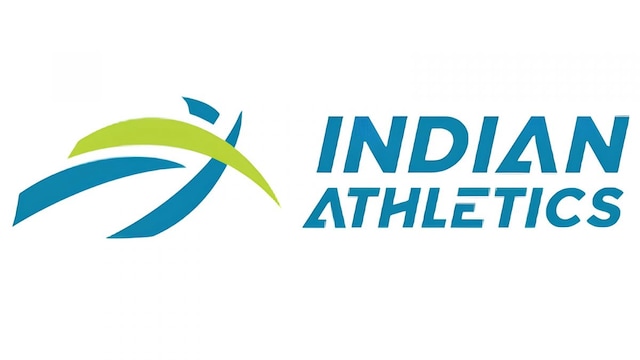The Athletics Federation of India (AFI) has announced that it will not recommend athletes training under unregistered coaches for prestigious national awards such as the Arjuna and Khel Ratna. The move aims to curb the rising number of doping cases in Indian athletics.
Doping involving coaches has long been an open secret in the track-and-field community. In response, the AFI has stepped up efforts to address the issue, introducing its own measures alongside regular testing and awareness drives.
The Athletics Federation of India (AFI) has set a July 31 deadline for the mandatory registration of all coaches across the country—both qualified and unqualified. The federation has warned that failure to comply with this directive will lead to blacklisting.
“We are hoping that the coaches register themselves. After that, we are going to make it public that only these are the registered coaches. Those who have not registered they will be blacklisted,” AFI spokesperson Adille Sumariwalla told a news agency.
“If an athlete trains with an unregistered coach, the AFI will not recommend the athlete for any national award if he or she wins medals. Such athletes cannot get anything.”
“I believe coaches, even parents (of athletes) today, are involved in doping. This is unfortunate,” said Sumariwalla, a former AFI president.
Sumariwalla, a strong proponent of criminalising doping, believes that the fight against the menace cannot be won unless offenders face jail time. However, the National Anti-Doping Act, 2022, does not include provisions for criminal punishment.
“I am not in the Parliament, but we have to do something. All those who are involved in doping will have to be sent to jail. Only then people will realise that this is not a joke. If you want to win this fight, you have to take some drastic steps,” said Sumariwalla, who also serves as a vice president of World Athletics.
“Otherwise within the law, we have to do what we have to do. But today, nothing happens. They (dope offenders) just go scot-free or they get four years, then they say, yes, we have taken (banned drugs) and make it three years.
“All this nonsense has to stop,” he said referring to the reduction of the ban period through case resolution agreement by early admission of guilt by the athlete.
Alarmed by the rising doping cases among Indian track and field athletes, the AFI, in its AGM in Chandigarh in January, made it compulsory for all coaches to register with it or else they would be blacklisted.
Unregistered coaches will not be permitted to impart training to athletes and will not be engaged in any activity of the AFI under any circumstances. Upon successful registration, each coach will be allotted a unique registration number by the AFI and an ID card will be issued.
In addition, the AFI has also decided to form an anti-doping cell to identify coaches suspected to be “involved in doping of their wards” and for drawing up a list of training centres which serve as “hideouts” for cheats on the recommendation of a high-powered committee to deal with the menace.
The AFI will share this intelligence with the National Anti-Doping Agency (NADA) and Athletics Integrity Unit (AIU) established by World Athletics.
‘New National Sports Policy is good but implementation key’
Sumariwalla said the new Khelo Bharat Niti (National Sports Policy), which got Cabinet approval on July 1, was a well-crafted one with its thrust of accountable and clean governance, infrastructure upgradation and promotion of a league culture.
“I think it is a very good policy. See, if you want good governance, you need a good policy. If you look at the policy overall, it has four or five very important pillars.
“One is excellence, two is infrastructure, three is sports science, four is social upliftment, five is the industry of sports. So, if you have these five pillars, I think it is a well-crafted policy.
“In India, policy is not the problem, the implementation of the policy is the problem. So we hope that the implementation will be good.”



